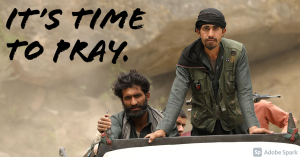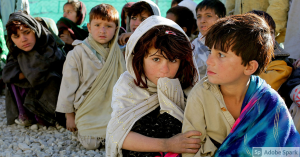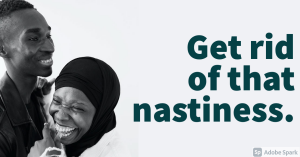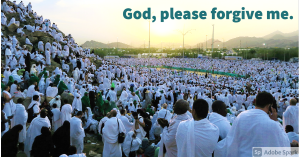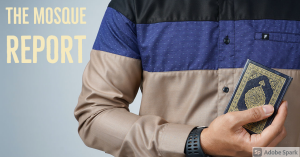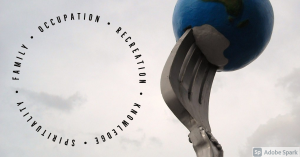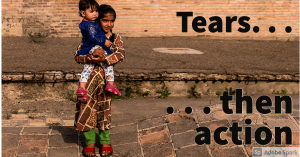
It’s hard not to just keep refreshing my Twitter feed right now, but what good does that really do? Maybe like me, you’re wondering what, if any, good you can do for the tough situation unfolding in Afghanistan.
As we mourn 13 (at present) fallen U.S. soldiers and five times as many dead Afghans, we cry. But after the tears are done?
I realize that “doing something” might not be what’s right for you. Understood. But if God is nudging you to take action, or the person he’s wired you up to be “needs to do something right now,” here are some options:
1. Send a small gift to a Muslim friend, an imam if you know one. I just did this: A Starbuck’s e-card to an Iraqi friend. Told him I just felt like extending a bit of kindness on such a tragic day.
2. Find the closest refugee resettlement agency near you and ask what they might need for an influx of Afghan refugees. You can check here or here. (Maybe give your couch and let the kids sit on the floor for awhile, but don’t tell them it was my idea!)
3. Want to make a difference for Afghans who are displaced within their country? Text this link to your church’s missions director or pastor. These are trusted friends of mine, trusted enough that I plan to ask my church to contribute here.
4. Sign up for a six week online course that will give you the information and practical tools to build real friendships with Muslims.
5. Forward this email to your pastor and a couple of friends. Let’s rise above partisan politics and partner with God to extend love to Afghans. He’s rather fond of them.
You can still download this half page prayer guide to pray through personally and distribute to your church and beyond.

